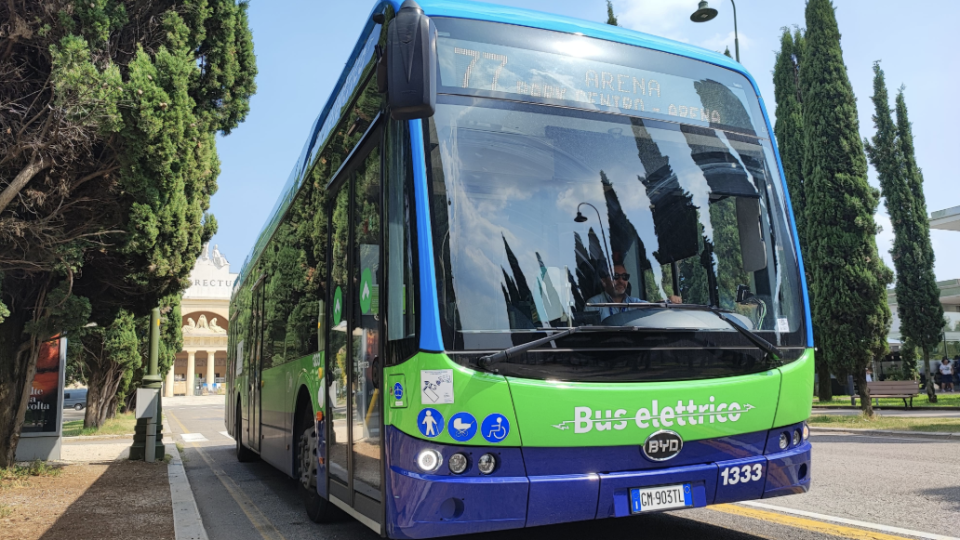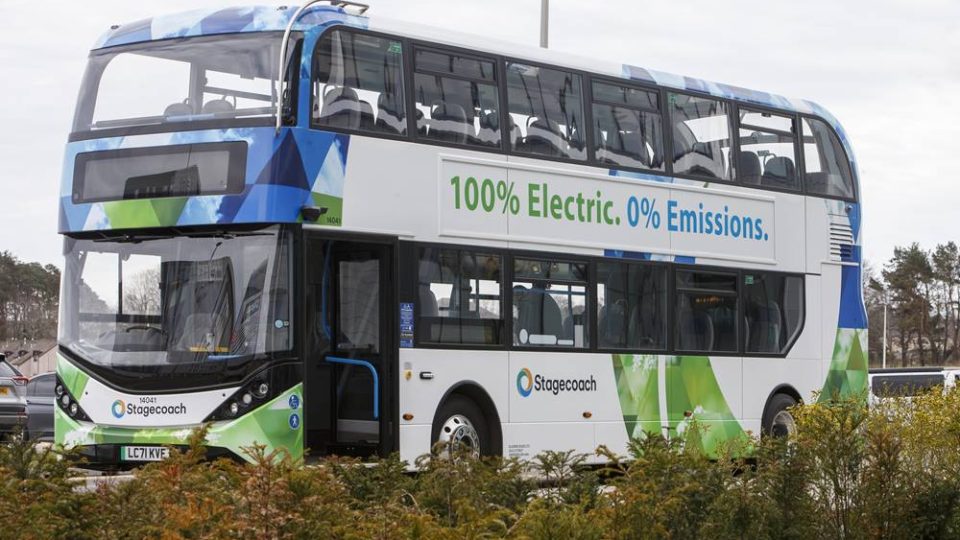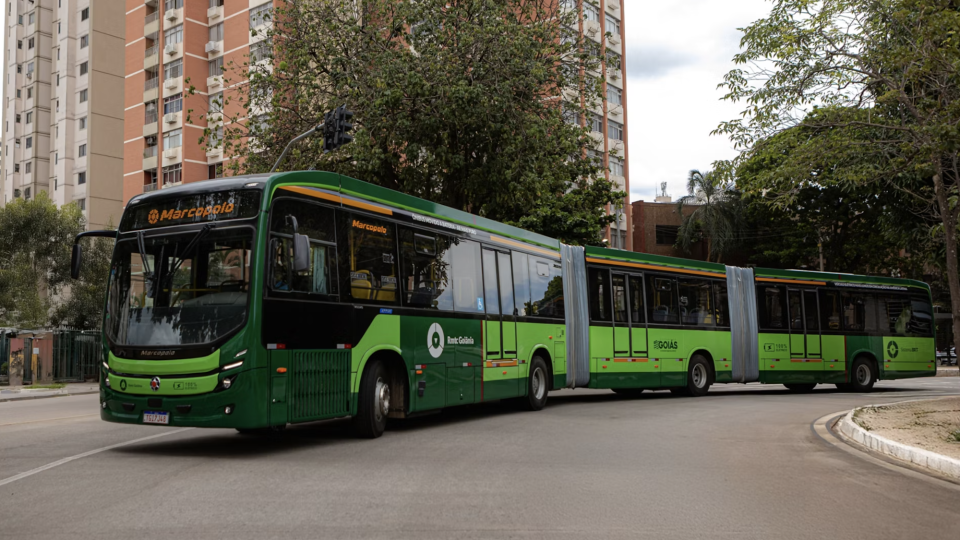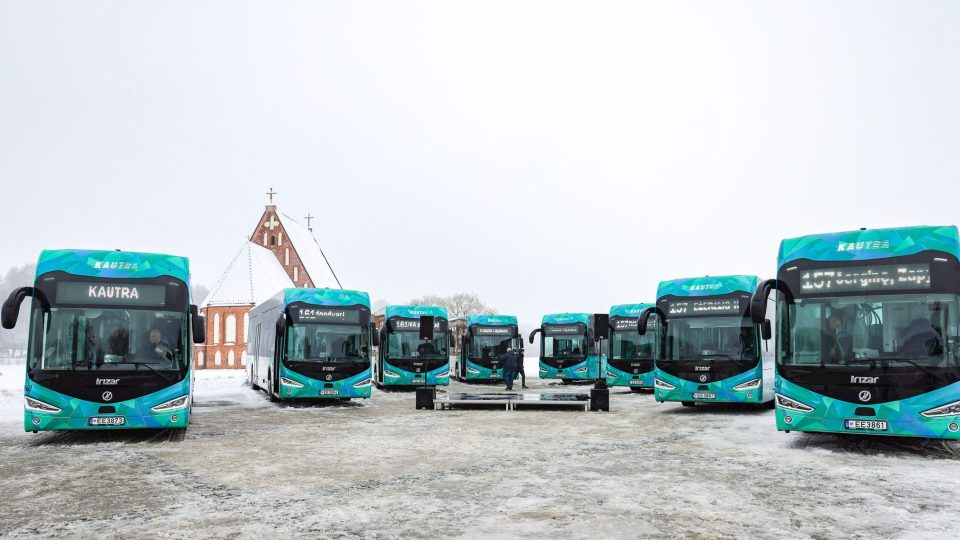Bee Network accelerates electrification: £65m for 220 new e-buses and progress on tram-train plan in Manchester’s future
Greater Manchester has approved £65 million to accelerate the transition of its public transport system toward zero emissions. As outlined in a press release by Transport for Greater Manchester (TfGM), the package includes £59.1 million to add around 220 electric buses—equivalent to electrifying a further 13% of the fleet—and £5.7 million to advance tram-train development […]
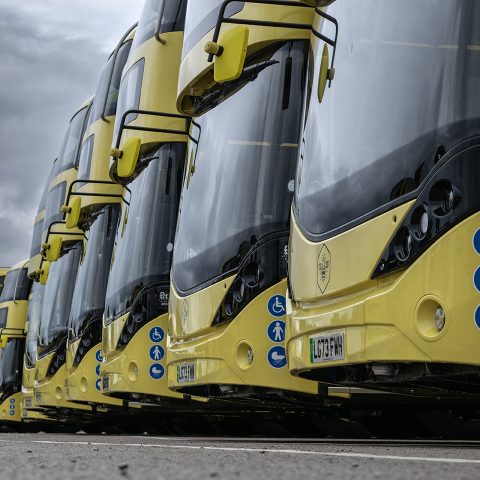
Greater Manchester has approved £65 million to accelerate the transition of its public transport system toward zero emissions. As outlined in a press release by Transport for Greater Manchester (TfGM), the package includes £59.1 million to add around 220 electric buses—equivalent to electrifying a further 13% of the fleet—and £5.7 million to advance tram-train development on the Oldham–Rochdale–Heywood–Bury corridor. The first of the new buses are expected to enter service by late 2026.
This comes on top of the nearly 350 electric buses already in operation, representing around one in five of the city region’s fleet—double the national average. The move is part of Greater Manchester’s ambition to operate a fully electric bus fleet by 2030.
A £86 million scheme to help clean up the region’s air was also announced earlier this year. The first of 100 double decker e-buses were handed over in 2023.
Manchester towards full electric bus fleet by 2030
The announcement follows the introduction of 12 new electric buses on the Manchester city centre Free Bus routes. TfGM reports that replacing older diesel vehicles has already made journeys quieter and cleaner, while also boosting passenger numbers by 10% over the past year.
Alongside the bus investment, the Bee Network Committee has approved £5.7 million to progress the Oldham-Rochdale-Heywood-Bury Tram-Train ‘pathfinder’ scheme. The project, which forms part of the wider Atom Valley initiative, aims to identify next-generation vehicles capable of running on both tram and rail infrastructure, increasing network capacity and connecting more communities directly to the Metrolink system.
Additional funding was also earmarked for a new Travel Hub in Tyldsley, set to begin construction in the New Year. The facility will provide 99 parking spaces, including EV charging points and accessible parking near the Leigh Guided Busway, further integrating sustainable transport options across the city region.
The £65 million package forms part of the £1.07 billion City Region Sustainable Transport Settlement, which underpins Greater Manchester’s transport infrastructure programme. The investment is a central component of the city region’s wider strategy to deliver a fully integrated, zero-emission transport system by 2030, ensuring that 90% of residents live within a five-minute walk of a frequent bus or tram service (TfGM, 2025).
Vernon Everitt, Transport Commissioner for Greater Manchester, states: “The Bee Network is making public transport more affordable, frequent and cleaner and these further steps will deliver more improvements for the people and businesses of Greater Manchester. We are accelerating investment to introduce even more electric buses to add to those which already comprise 20 per cent of our vehicles, marking another significant step towards the goal of a fully zero-emission bus fleet by 2030. Major improvements lie ahead for the tram network too, as we look at modern tram-train technology to connect further parts of Greater Manchester directly to the Metrolink network. This will make journeys by public transport faster and more convenient and further build an integrated transport network for our growing city-region.”



